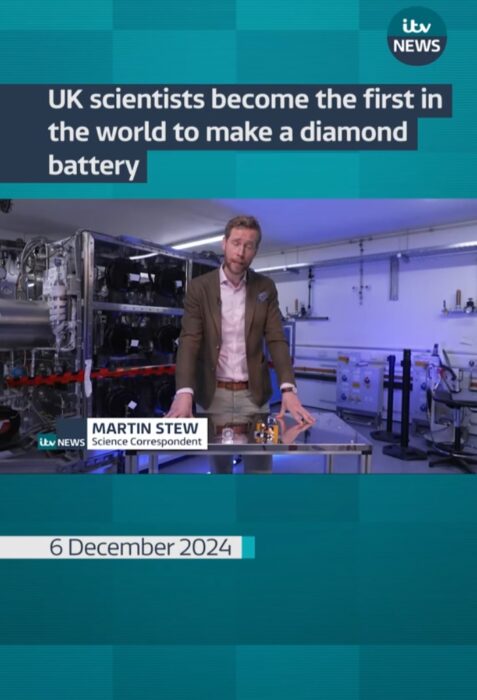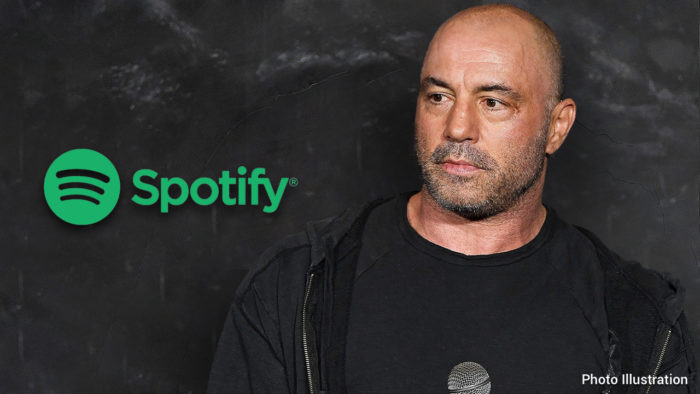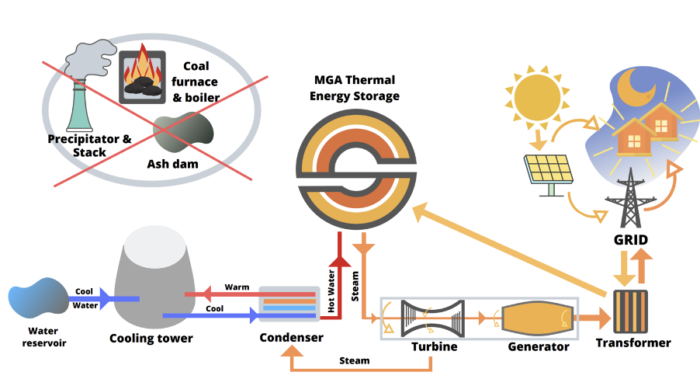Feb 10 2025
Who Believes Misinformation
 It’s probably not a surprise that a blog author dedicated to critical thinking and neuroscience feels that misinformation is one of the most significant threats to society, but I really to think this. Misinformation (false, misleading, or erroneous information) and disinformation (deliberately misleading information) have the ability to cause a disconnect between the public and reality. In a democracy this severs the feedback loop between voters and their representatives. In an authoritarian government it a tool of control and repression. In either case citizens cannot freely choose their representatives. This is also the problem with extreme jerrymandering – in which politicians choose their voters rather than the other way around.
It’s probably not a surprise that a blog author dedicated to critical thinking and neuroscience feels that misinformation is one of the most significant threats to society, but I really to think this. Misinformation (false, misleading, or erroneous information) and disinformation (deliberately misleading information) have the ability to cause a disconnect between the public and reality. In a democracy this severs the feedback loop between voters and their representatives. In an authoritarian government it a tool of control and repression. In either case citizens cannot freely choose their representatives. This is also the problem with extreme jerrymandering – in which politicians choose their voters rather than the other way around.
Misinformation and disinformation have always existed in human society, and it is an interesting question whether or not they have increased recently and to what extent social media has amplified them. Regardless, it is useful to understand what factors contribute to susceptibility to misinformation in order to make people more resilient to it. We all benefit if the typical citizen has the ability to discern reality and identify fake news when they see it.
There has been a lot of research on this question over the years, and I have discussed it often, but it’s always useful to try to gather together years of research into a single systematic review and/or meta-analysis. It’s possible I and others may be selectively choosing or remembering parts of the research to reinforce a particular view – a problem that can be solved with a thorough analysis of all existing data. And of course I must point out that such reviews are subject to their own selection bias, but if properly done such bias should be minimal. The best case scenario is for there to be multiple systematic reviews, so I can get a sense of the consensus of those reviews, spreading out bias as much as possible in the hopes it will average out in the end.

 A
A  Why does news reporting of science and technology have to be so terrible at baseline? I know the answers to this question – lack of expertise, lack of a business model to support dedicated science news infrastructure, the desire for click-bait and sensationalism – but it is still frustrating that this is the case. Social media outlets do allow actual scientists and informed science journalists to set the record straight, but they are also competing with millions of pseudoscientific, ideological, and other outlets far worse than mainstream media. In any case, I’m going to complain about while I try to do my bit to set the record straight.
Why does news reporting of science and technology have to be so terrible at baseline? I know the answers to this question – lack of expertise, lack of a business model to support dedicated science news infrastructure, the desire for click-bait and sensationalism – but it is still frustrating that this is the case. Social media outlets do allow actual scientists and informed science journalists to set the record straight, but they are also competing with millions of pseudoscientific, ideological, and other outlets far worse than mainstream media. In any case, I’m going to complain about while I try to do my bit to set the record straight. The world of science communication has changed dramatically over the last two decades, and it’s useful to think about those changes, both for people who generate and consume science communication. The big change, of course, is social media, which has disrupted journalism and communication in general.
The world of science communication has changed dramatically over the last two decades, and it’s useful to think about those changes, both for people who generate and consume science communication. The big change, of course, is social media, which has disrupted journalism and communication in general. When we talk publicly about the effects of human activity on the climate should we refer to “global warming”, “climate change”, the “climate crisis” or to “climate justice”? Perhaps we should also be more technical and say specifically, “anthropogenic climate change”. This kind of question is often referred to as “framing”, meaning that we need to be thoughtful about how we frame topics for science communication and open discussion.
When we talk publicly about the effects of human activity on the climate should we refer to “global warming”, “climate change”, the “climate crisis” or to “climate justice”? Perhaps we should also be more technical and say specifically, “anthropogenic climate change”. This kind of question is often referred to as “framing”, meaning that we need to be thoughtful about how we frame topics for science communication and open discussion. The latest controversy over Joe Rogan and Spotify is a symptom of a long-standing trend, exacerbated by social media but not caused by it. The problem is with the algorithms used by media outlets to determine what to include on their platform.
The latest controversy over Joe Rogan and Spotify is a symptom of a long-standing trend, exacerbated by social media but not caused by it. The problem is with the algorithms used by media outlets to determine what to include on their platform. I just watched the Netflix documentary, The Social Dilemma, and found it extremely interesting, if flawed. The show is about the inside operation of the big social media tech companies and the impact they are having on society. Like all documentaries – this one has a particular narrative, and that narrative is a choice made by the filmmakers. These narratives never reflect the full complexity of reality, and often drive the viewer to a certain conclusion. In short, you can never take them at face value and should try to understand them in a broader context.
I just watched the Netflix documentary, The Social Dilemma, and found it extremely interesting, if flawed. The show is about the inside operation of the big social media tech companies and the impact they are having on society. Like all documentaries – this one has a particular narrative, and that narrative is a choice made by the filmmakers. These narratives never reflect the full complexity of reality, and often drive the viewer to a certain conclusion. In short, you can never take them at face value and should try to understand them in a broader context. I was recently sent
I was recently sent 




